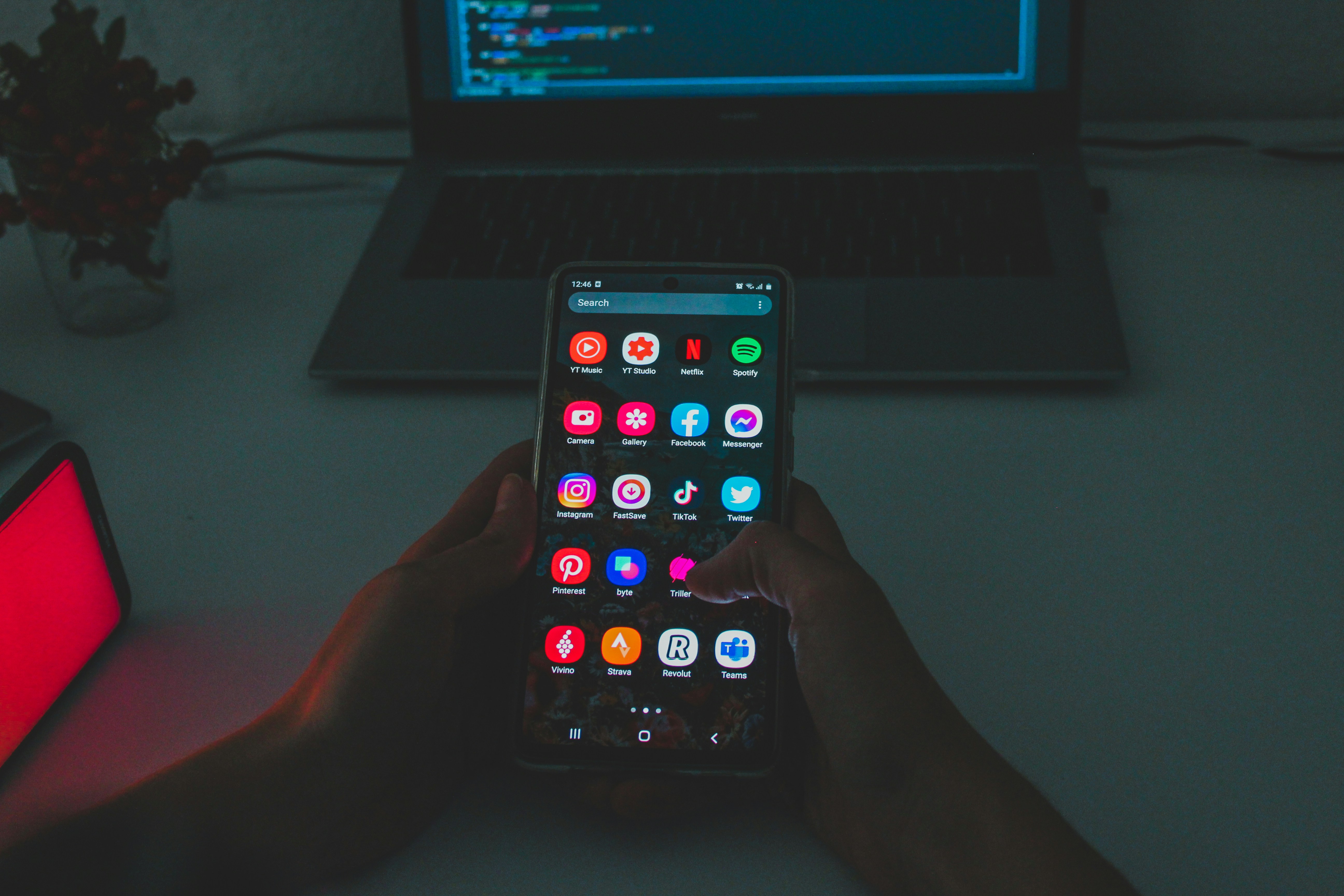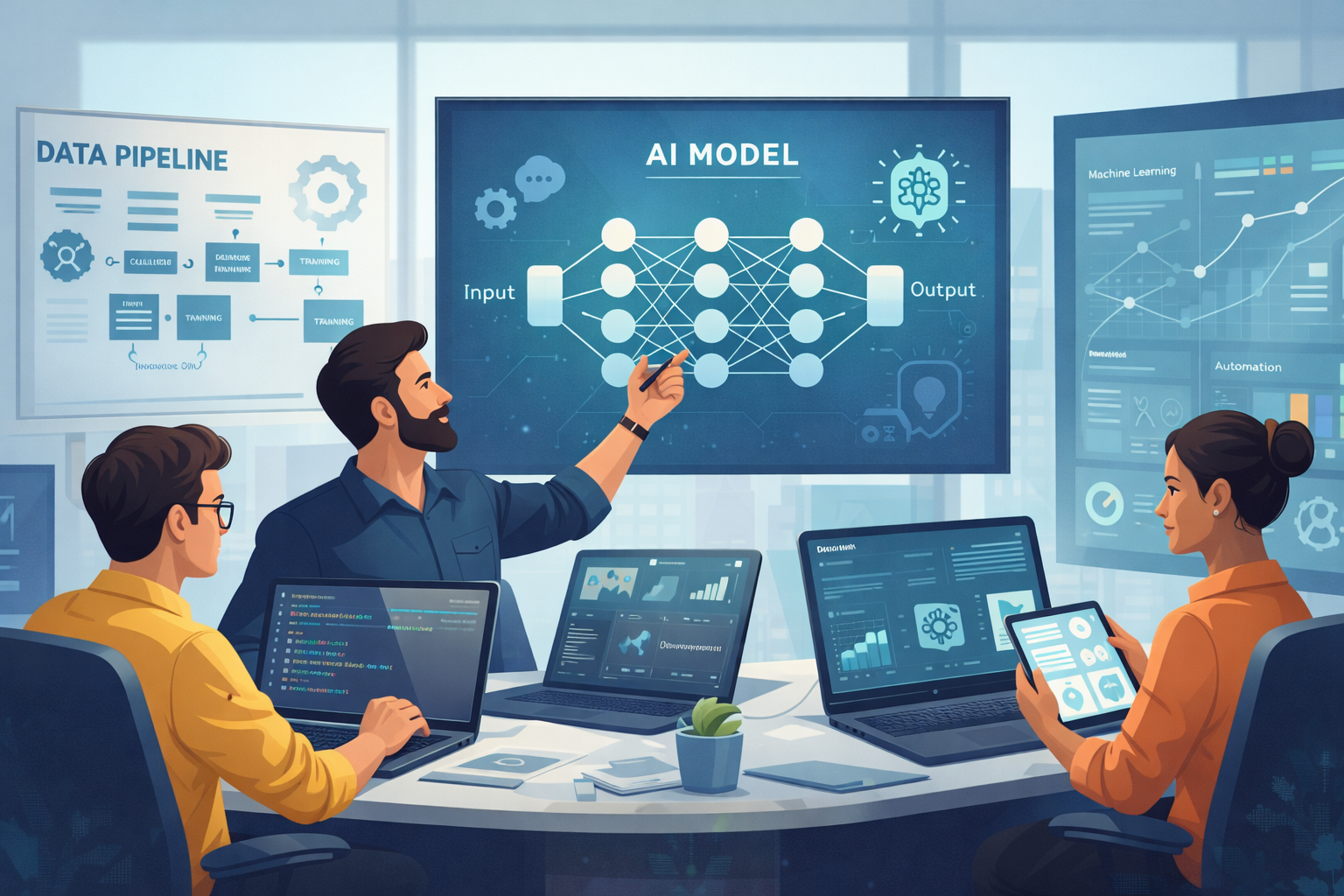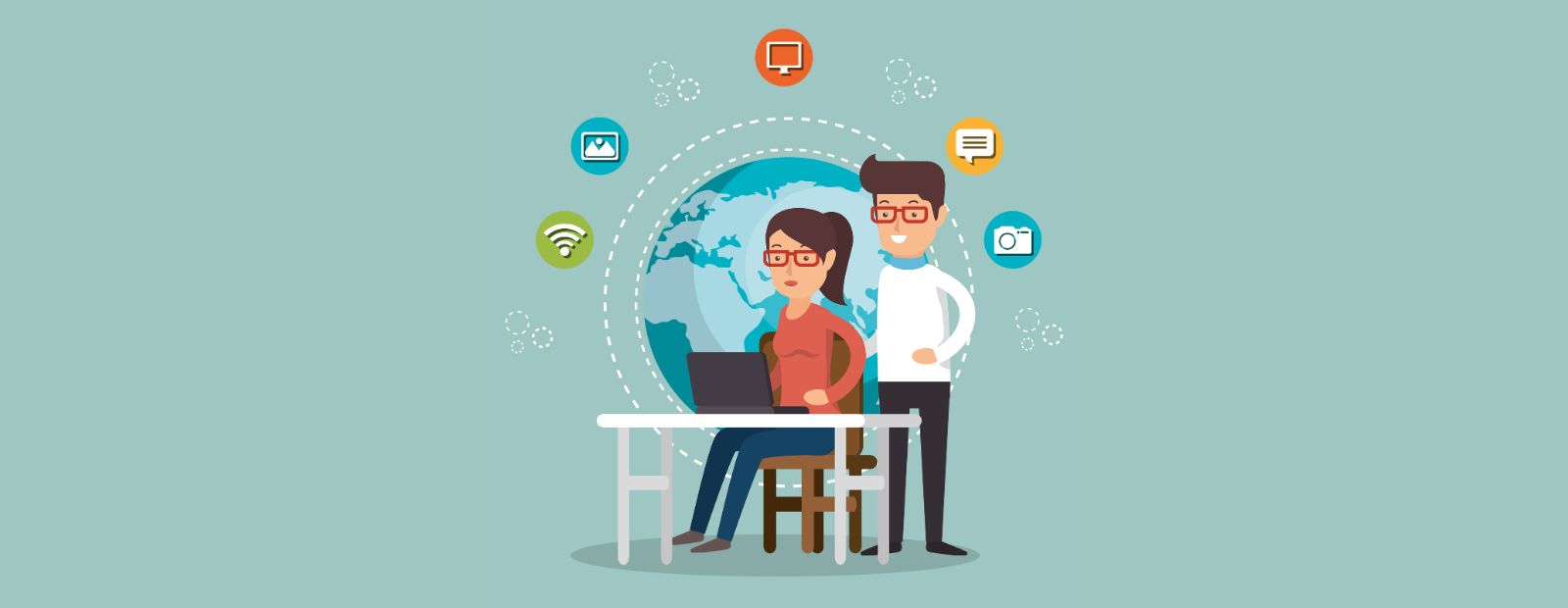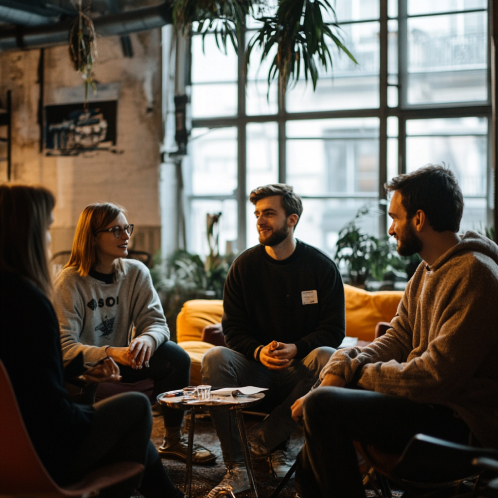
4 Key Technologies Shaping the Future of Android Development
Android development is changing fast. Really fast.
If you've been building apps for a while, you know what I mean. The stuff we're working with today would've seemed like science fiction just five years ago. Your phone can now recognize your face, predict what you're typing, and connect to your coffee maker. Wild, right?
Here's the thing, though - this isn't just cool tech for the sake of being cool. These changes are fundamentally shifting how we build apps and what users expect from them. You can't just slap together a basic app anymore and hope it'll compete.
So what's driving all this change? Four big technologies are really leading the charge. Each one brings something different to the table, but they're all making our apps smarter, more connected, and honestly, way more interesting to build.
Let's dive into why these technologies matter and how they're reshaping what it means to be an Android developer today.
Artificial Intelligence and Machine Learning
AI isn't just a buzzword anymore - it's everywhere in Android development. And thank goodness for that.
Remember when autocorrect was terrible? Now your keyboard practically reads your mind. That's machine learning working behind the scenes, learning from millions of typing patterns to predict what you actually meant to say (even when you butcher the spelling).
Google's ML Kit makes this stuff accessible to regular developers like us. You don't need a PhD in computer science to add image recognition or language translation to your app. I've seen indie developers build apps that can identify plant diseases just by taking a photo. That's incredible.
But here's what really gets me excited: personalization that actually works. Netflix knows what shows you'll binge. Spotify creates playlists that feel handpicked. These aren't accidents - they're AI systems that learn from every tap, swipe, and search you make.
The customer service angle is huge, too. Chatbots used to be frustrating joke responses. Now they can handle complex questions and actually solve problems. Users get instant help, businesses save money, and developers get to build something that genuinely improves people's lives.
The Internet of Things (IoT)
IoT sounds fancy, but it's really just about making everyday objects smart. Your thermostat, doorbell, and car - they're all getting connected, and Android apps are the glue holding it all together.
Samsung TV is a perfect example of this in action. You can control your entire entertainment system from your phone, adjust settings, and even cast content seamlessly. It's not revolutionary on its own, but when you multiply that across every device in your home? That's when things get interesting.
I've worked on healthcare apps that monitor patients remotely. Farmers use apps to check soil moisture levels from miles away. Smart city systems optimize traffic lights based on real-time data. This isn't future tech - it's happening right now.
The data possibilities are endless. When your app can pull information from sensors, weather stations, and user devices simultaneously, you can build features that respond to the real world in real time. That's a game-changer for user experience.
Blockchain Technology
Okay, I know what you're thinking. "Blockchain? Isn't that just crypto hype?"
Fair question. But blockchain's real value isn't about making digital coins - it's about trust and security. And in a world where data breaches happen weekly, that matters more than ever.
Think about it this way: traditional apps store your data on company servers. You have to trust them to keep it safe and use it responsibly. Blockchain flips that model. The data is distributed, encrypted, and nearly impossible to tamper with.
DeFi apps showcase this perfectly. Users can make financial transactions without traditional banks, with security that's often better than what big institutions provide. The fraud risk drops dramatically because the system itself prevents manipulation.
For Android developers, this means building apps users can actually trust with sensitive information. Medical records, financial data, personal communications - blockchain gives users control over their own information instead of hoping companies will behave ethically.
Kotlin Programming Language
Java was getting old --verbose, clunky, and full of boilerplate code that made simple tasks feel like writing a novel.
Kotlin changed everything. Google made it a first-class language for Android in 2017, and developers haven't looked back.
The difference is night and day. What took 20 lines of Java now takes 5 lines of Kotlin. Less code means fewer bugs, faster development, and easier maintenance. It's that simple.
But here's the best part - you don't have to throw away your existing Java code. Kotlin plays nice with Java, so you can migrate gradually. No need to rewrite your entire app overnight.
Pinterest and Netflix both made the switch and saw immediate benefits. Fewer crashes, cleaner code, happier developers. The null safety features alone prevent countless runtime errors that would've crashed Java apps.
If you're still writing Android apps in Java, you're making your life harder than it needs to be. Kotlin isn't just better - it's the future of Android development.
Conclusion
These four technologies aren't just trends that'll fade away. They're reshaping how we think about mobile development entirely.
The apps we build today can learn from user behavior, connect to physical devices, secure sensitive data, and do it all with cleaner, more efficient code. That's not just evolution - it's revolution.
Here's my advice: pick one of these technologies and start experimenting. Build a small project. Break things. Learn from it. The Android ecosystem moves fast, and the developers who embrace these changes will be the ones building the apps that matter.
The future of Android development isn't coming - it's already here. The question is: are you ready for it?

.jpg)













 Whatsapp
Whatsapp
 Email
Email


